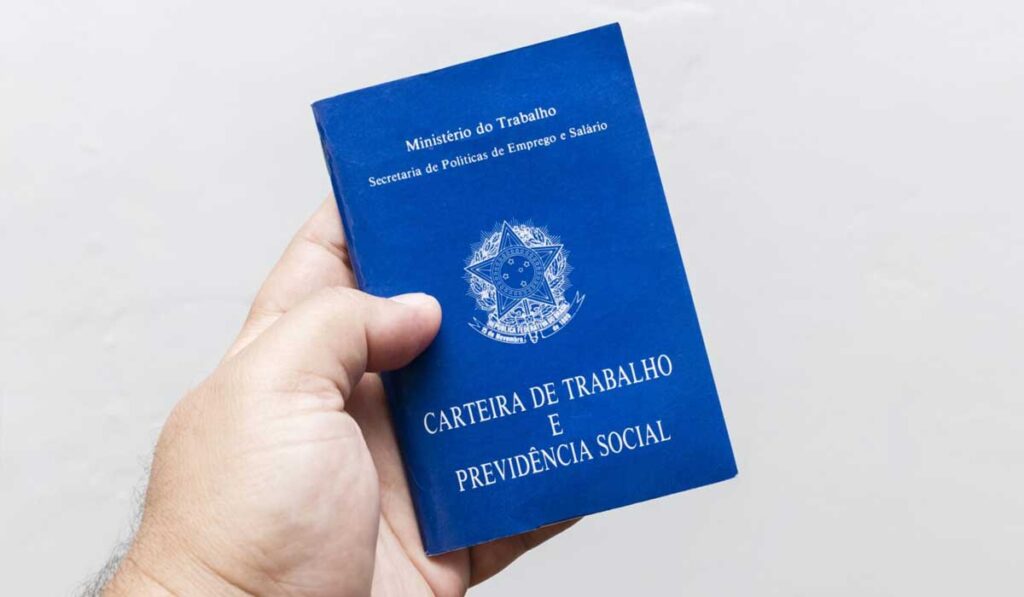Suzanne Gouveia de Vasconcelos
Lawyer at Marcos Martins Advogados
The Federal Supreme Court ruled that Precedent No. 450 of the TST, which also established double pay for vacations paid after the deadline set out in article 145 of the CLT, was unconstitutional. Almost a month after the decision handed down in the Action for Failure to Comply with a Fundamental Precept (ADPF 501), filed by the Governor of the State of Santa Catarina, questions were raised about the end of double vacation pay.
Considering the expansion of the possibility of companies being penalized, the Reporting Justice Alexandre de Moraes voted for the unconstitutionality of Precedent 450 and invalidated the decisions that had not become final and supported by the aforementioned Precedent, as he understood that the separation of the Judiciary and Legislative powers, provided for in Article 8 of the CLT, included by the Labor Reform, would be violated.
However, the Supreme Court ‘s decision did not rule out the nature of an administrative infraction for payment made outside the specified period, and a company that fails to meet the deadline for payment of vacation pay, provided for in article 147 of the CLT, will be subject to penalties from the Ministry of Labor and Employment in the event of any inspection, as provided for in Ordinance 667/2021. Remember that the right to vacation is non-renounceable and cannot be negotiated, as it aims to preserve the health and well-being of the worker.
It is important to understand that the STF’s decision did not alter article 137 of the CLT, which provides for double vacation pay, including the constitutional third, when the company does not observe the concessive period, and double vacation pay is also due in the case of vacation paid but not taken in the due period.
With the current wording of Precedent 450 of the TST, companies are now penalized for defaulting on one obligation (paying vacation pay) with the sanction provided for non-compliance with another obligation (granting vacation pay), since, for the TST, both were indispensable for the employee’s effective leave of absence.
Precedent 450 of the TST, created in 2014, extends the possibility of double vacation pay also to the occasion when vacation and vacation bonus, even if taken by the employee at the proper time, has been paid by the company outside the period provided for in art. 145 of the CLT – up to two days before the start of the vacation period.
Although in Brazil there is no specific law on the right to time off, the number of convictions in the Labor Courts for the payment of compensation for moral damage to employees whose right to vacation is disrespected has been growing.
This shows the importance of employers investing in preventive measures and adapting their procedures to the rules determined by law, avoiding future labor liabilities and administrative infractions in the event of inspections, as well as investing in quality of life policies for their employees and in a healthy working environment.
The law firm Marcos Martins Advogados remains attentive to recent decisions and is ready to answer any questions on the subject.








